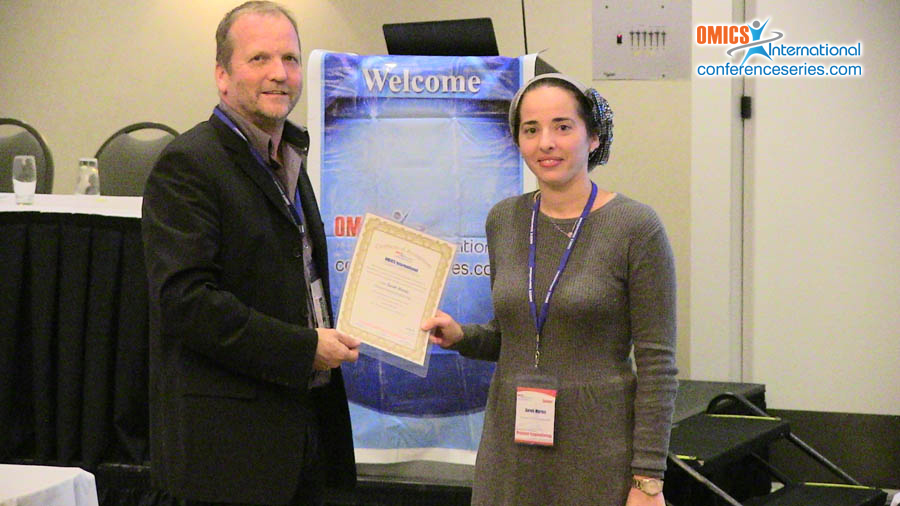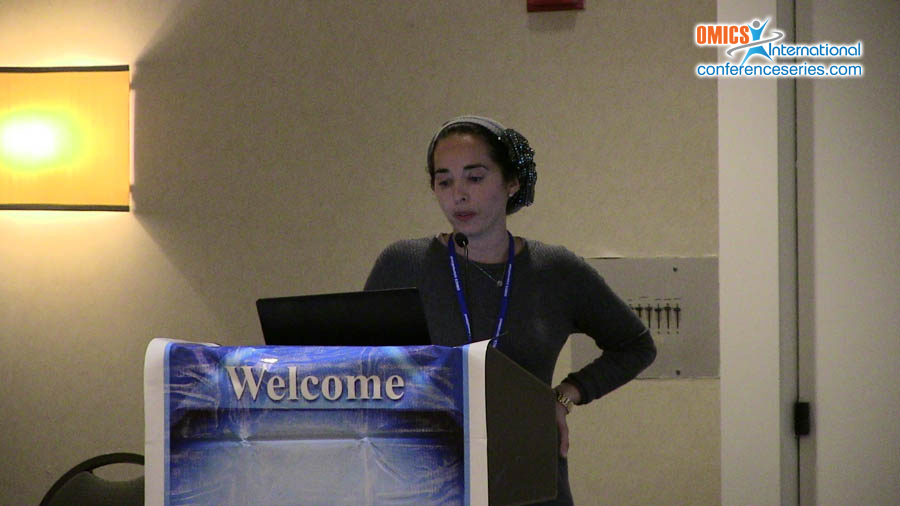
Sarah Morais
Weizmann Institute of Sciences, Israel
Title: Improved bacterial enzyme systems for deconstruction of cellulosic biomass for production of liquid biofuels
Biography
Biography: Sarah Morais
Abstract
The major objective of my research is to employ the designer cellulosome concept for improved enzymatic conversion of recalcitrant plant-derived cellulosic biomass into soluble sugars as an interim feedstock for production of liquid biofuels. The enzymes required for conversion of biomass into fuel on the industrial scale represent a major bottleneck for cost-effective replacement of fossil-based fuels. Thermostable cellulases and associated enzymes that degrade plant cell wall polysaccharides offer many advantages in the bioconversion process, which include increase in specific activity, higher levels of stability, inhibition of microbial growth, increase in mass transfer rate due to lower fluid viscosity, and greater flexibility in the bioprocess. To reduce enzyme costs, we improved the thermostability and durability characteristics of representative enzymes, thus increasing their overall activity during the deconstruction of lignocellulosic biomass. For this purpose we employed directed evolution and knowledge-based library design of selected enzymes. The improved enzymes will be incorporated into designer cellulosome complexes and their performance on recalcitrant lignocellulosic substrates will be evaluated with reference to complexes containing the original unmodified enzymes and to commercial enzymatic cocktails. The enzymes to be used include endoglucanases, exoglucanases and ï¢-glucosidase– all of which are key enzyme components of cellulosomes and together act synergistically in the deconstruction of the cellulosic part of the plant biomass. The improvements gained by this novel strategy are expected to yield highly active robust enzymes and consequent cost reduction in the conversion of biomass into soluble fermentable sugars en route to biofuel production.



